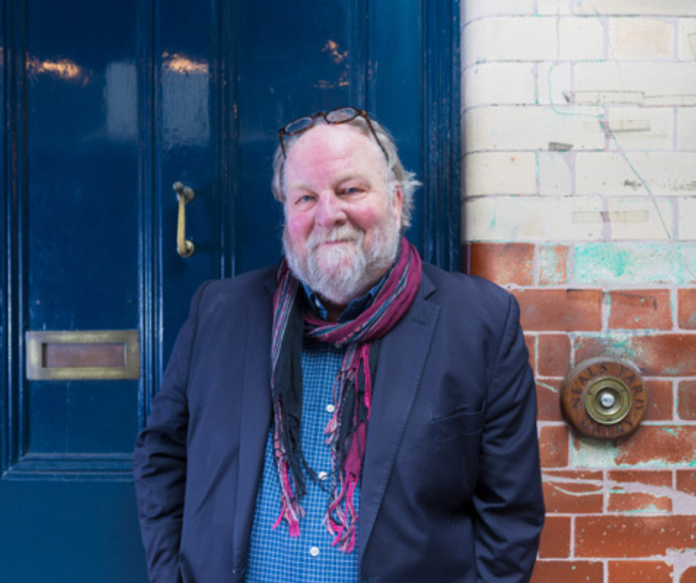Ready to jump in bed with the storytellers of Crossover 2019?
…to listen to bedtime stories, of course.
Just like bedtime stories that we used to listen to as children, every event creates and shares its own story. A well-told story is an event where the narrator and the listener meet, where the participant and the speaker form a personal bond. Before you come to the hottest conference of the summer, we wanted you to meet our storytellers, to make the storytelling experience even stronger and more engaging.
Q: How are we going to organize events in the future?
The term ‘event’ tends to conjure up images of a room full of delegates listening to a speaker behind a podium or a hall full of exhibition stands. Yes, these are experiences, but they are a far cry from what is possible. Event audiences are changing. The days of thinking of event goers as a passive audience to be presented to are gone. Today’s event audiences are digitally enabled, more demanding, more impatient and have high expectations that events will be more engaging, personalized and participatory. In the future, the most successful event experiences will be designed around significant strategic knowledge of the target audience. This insight is applied to creatively design an experience that is specifically intended to actively engage the audience.
Q: Is there something you would like to change in the world of events?
Changing audiences ultimately mean that event formats must evolve. Relying on the traditional approaches and expertise that the events industry has been using for years to design event experiences will not be sufficient to create the next generation of events. Continuing to design events in a traditional, logistics-led way limits our potential to create engaging experiences that connect attendees in much more meaningful, memorable and shareable ways.
Q: What do you love about your job the most?
There’s never been a better time to be an experience designer. An increasing amount of corporate marketing budget is moving to experiences as marketers recognize the value of experience as a powerful approach to building and sustaining strong customer relationships and creating opportunities for brand innovation and growth. At MCI Experience I get to work with a very talented team of industry leaders in experience marketing strategy, creative, digital and interactive technology with a focus on developing enhanced services in support existing and new MCI Group clients around the world.
Q: In your opinion, what is live marketing’s best advantage?
Today brand marketers understand that experience is a key facet of the marketing mix. Many brands are now increasing and/or shifting their marketing spend to include live experiences in order to cut through the digital marketing clutter and build relationships with tomorrow’s consumers. They realise that their brand must remain visible and relevant. Using immersive experiences are key to inspiring action, igniting emotion and extending their brand/products.
Q: What are you bringing to Conventa Crossover?
I bring more than 30 years of global experience in marketing, communications, brand strategy and events. Working in some of the world’s leading experience agencies I have developed experience marketing strategies and campaigns for leading brands including clients IBM, BMW, Cisco, Salesforce.com, McDonalds and P&G and have produced events like Cisco Live, Dreamforce, and Cisco House and the Panasonic Pavilion at the London 2012 Olympic Games.
Q: What do you expect from Crossover in Ljubljana?
I am looking forward to experiencing the unique format of the Conventa Crossover event designed to encourage interaction, meet and learn from the events and experience marketing leaders from the region and hopefully share insights and ideas that are of value and that inspire us to embrace the exciting opportunities that lie ahead for the experience marketing industry.
Q: Why should an attendee not miss your session?
The primary theme of my presentation is on how we need to move from thinking about ourselves as event planners to instead becoming experience designers. Experience design requires applying a set of planning principals that enables us to move beyond the more traditional approach to event planning towards a more structured, attendee-centric, insights-driven and strategic way of planning events. Design thinking is a unique way of problem solving but with a solutions-focused and human-centric approach. The attendee or audience is very much at the centre of the design thinking process. By developing a deeper understanding of our target audience, we gain insight and empathy to come up with more strategic and creative event solutions.
Q: Hashtag suggestion for the 2019 edition?
#mciexperience



